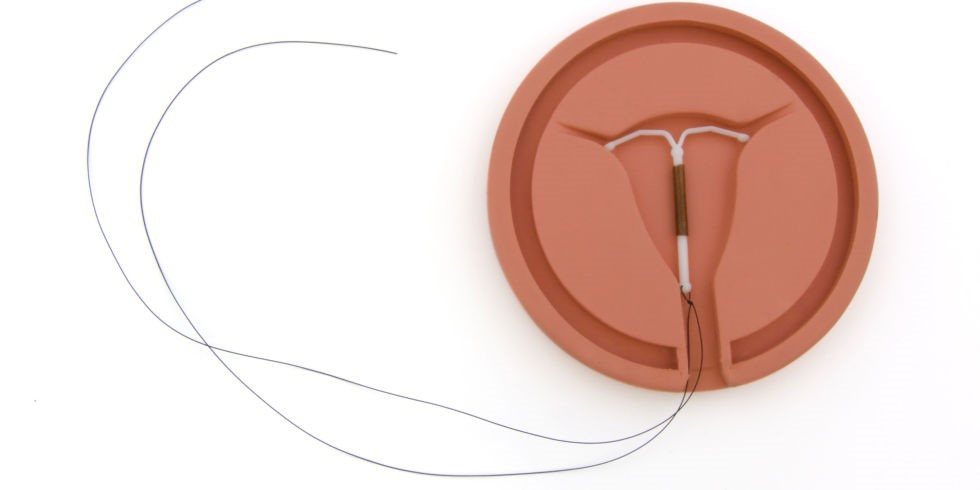
Contraception (birth control) prevents pregnancy by interfering with the normal process of ovulation, fertilization, and implantation. There are different kinds of birth control that act at different points in the process. Sometimes birth control fails because of inaccuracy or lack of consistency in use. Dr. Norris and his team believe that the right fit is important and realizes that no one form is right for everyone. His team can provide counseling to women and their partners about the proper use of birth control for maximum safety and effectiveness.
What does contraception do?
Once a month a woman’s body begins the process that can potentially lead to pregnancy. An egg (ovum) matures, the mucus changes to be more inviting to sperm, and the lining of the uterus grows. There are different kinds of birth control that act at different points in the process. Each method has its own side effects and risks. Some methods are more reliable than others. These include:
Hormonal methods

These use medications (hormones) to prevent ovulation. Hormonal methods include birth control pills, the patch and the vaginal ring, as well as Depo Provera injections, medicated intrauterine devices and Nexplanon (an implant that goes under the skin).
NEXPLANON

This is a birth control implant that lasts for up to 3 years and is over 99% effective. NEXPLANON is a small, thin and flexible arm implant that provides up to 3 years of continuous birth control. That’s why NEXPLANON is considered a long-acting birth control option. It can be placed discreetly under the skin of your inner or upper arm in our office. It’s also reversible and can be removed at any time during the 3-year period. Once removed, you may become pregnant as early as a week after removal.
Barrier methods

These methods work by preventing the sperm from getting to and fertilizing the egg. Barrier methods include male condom and female condom, diaphragm, and cervical cap. The condom is the only form of birth control that also protects against sexually transmitted diseases, including human immunodeficiency virus (HIV) that causes acquired immune deficiency syndrome (AIDS).
Spermicides

These medications kill sperm on contact. Most spermicides contain nonoxynyl-9. Spermicides work best in women over the age of 35.
Intrauterine devices (IUDs)

If you’re a busy person who doesn’t want to worry about remembering birth control, the IUD just may be for you. Once it’s in, you’re good to go for anywhere from 3 to 12 years. An IUD is a tiny device that’s put into your uterus to prevent pregnancy. It’s long-term, reversible, and one of the most effective birth control methods out there.
There are 5 different brands of IUDs that are FDA approved for use in the United States: ParaGard, Mirena, Kyleena, Liletta, and Skyla. These IUDs are divided into 2 types: copper IUDs (ParaGard) and hormonal IUDs (Mirena, Kyleena, Liletta, and Skyla).
The ParaGard IUD doesn’t have hormones. It’s wrapped in a tiny bit of copper, and it protects you from pregnancy for up to 12 years.
The Mirena, Kyleena, Liletta, and Skyla IUDs use the hormone progestin to prevent pregnancy. Progestin is very similar to the hormone progesterone that our bodies make naturally. Mirena works for up to 6 years. Kyleena works for up to 5 years. Liletta works for up to 4 years. Skyla works for up to 3 years.
Tubal ligation
This is a permanent form of contraception for women. That closes each tube permanently. Dr. Norris can perform this procedure in the comfort and privacy of his office. Please visit our Tubal Ligation page for more information.
Vasectomy
This medical procedure is a male form of sterilization and should be considered permanent and is equivalent to the tubal ligation
Unfortunately, there is no perfect form of birth control however consistent use will result in more effectiveness and less chance of unwanted pregnancy.
